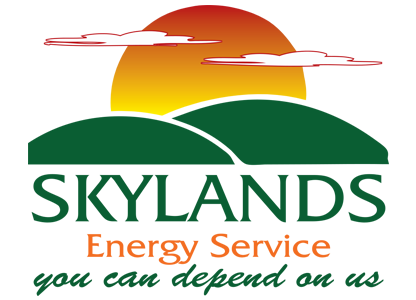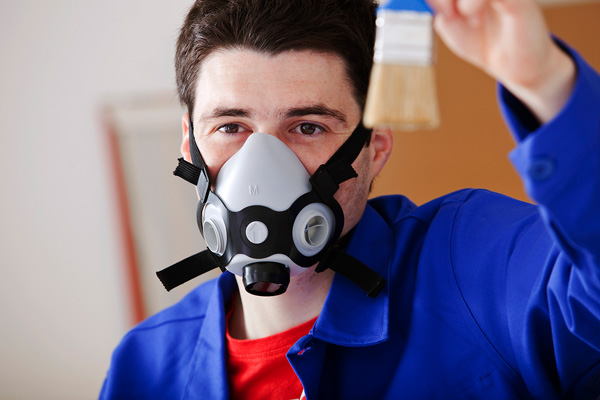
When we think of air pollution, we usually have car exhaust, dirty factories, dump sites, and other places in mind. Pollution, after all, is only found outdoors and should not be present indoors. Unfortunately, this is not true. Indoor air pollution can affect your indoor space and it can sometimes do more damage to your health.
This should be a major concern for people because most of us spend long hours indoors. If pollution is present inside the home or office, indoor air quality is significantly reduced. Ensuring that indoor air quality is maintained will help ensure that the air you breathe indoors is healthy and safe for you and your family. The key is how to improve indoor air quality effectively.
Understanding Indoor Air Quality
Table of Contents
IAQ is short for indoor air quality. It refers to the condition of indoor air, particularly that which is found within a closed structure. The quality of indoor air affects one’s health and well-being, and can even influence one’s mood. Many studies have shown that in many cases, indoor air contains more contaminants than outdoor air. According to researchers, this is because of the practices prevalent in current building construction.
The design of many buildings today calls for airtight spaces, mainly to ensure increased energy efficiency. The problem with this design is that although energy consumption is reduced, access to fresh air is also significantly reduced. As such, airborne irritants tend to become trapped and accumulate inside the building. If this is not corrected, the levels of contaminants can build up. If you live in a building that has ductwork, it is likely that the ducts recirculate these contaminants. Think of dust, dirt, and dander being distributed and re-distributed inside your home.
What Causes Poor Indoor Air Quality?
Pollution is generally the direct result of our lifestyle. Many homeowners, for example, keep pets indoors for security and companionship. Pets, like humans, also shed fur and dander which could cause allergic reactions. Paint may also release VOCs or volatile organic compounds while dirt and dust are carried inside the house when someone enters. If persistent moisture is present, mold and mildew could also develop. Other common sources of pollution indoors are the household chemicals we use for cleaning and polishing.
What Happens If I Don’t Maintain My Indoor Air Quality?

Prolonged exposure to poor IAQ could increase the risk of anyone from your family developing certain health issues, particularly respiratory ailments. These may include persistent coughs, asthma attacks, and breathing problems. Individuals who are particularly sensitive may also experience digestive issues and chronic fatigue. In worst-case scenarios, poor IAQ could even lead to serious ailments such as cancer.
Does HVAC Ductwork Affect Indoor Air Quality?
The HVAC air ducts circulate indoor air that connects to the heating and cooling system. If the ducts contain pollutants, you can bet that these particulates will find their way into every nook and cranny of your home in no time. You will then likely notice a decline in the quality of your air indoors.
Improving Your Indoor Air Quality
1. Using HVAC Air Filters
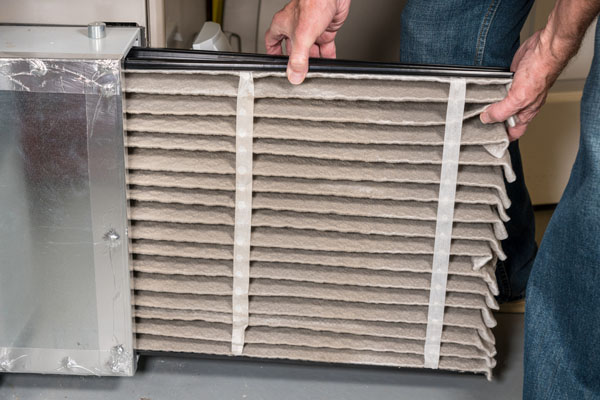
All types of HVAC systems have air filters that significantly reduce the number of pollutants in the air. HVAC air filters work by trapping tiny particulates and preventing them from being distributed through the vents. However, they do become clogged over time and should be cleaned or replaced periodically. To ensure that the filter is clean, check it each month and replace it when necessary.
2. UV Lights
UV or ultraviolet light can be an excellent means to control indoor pollution. Note that prolonged exposure to UV rays can be harmful but with prudent use, UV light can effectively kill bacteria, mold, viruses, and a number of harmful pathogens. Even brief exposure can destroy certain types of microorganisms. UV lamps may be installed at certain spots in the HVAC system. These, along with air filters and regular maintenance of the system, can help improve indoor air quality tremendously.
3. Humidifiers and Dehumidifiers
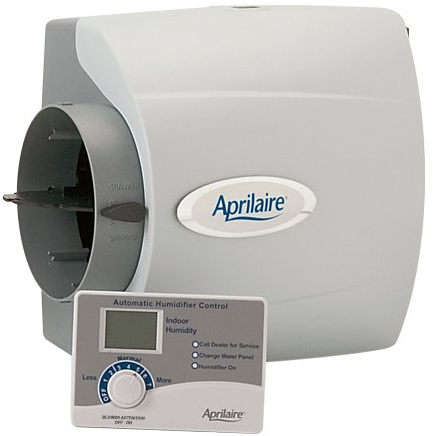
Humidity plays a critical role in maintaining IAQ and preventing pollution. During the cold months, humidity tends to decrease, leading to dry air which in turn could increase the risk of respiratory issues. Adding a humidifier will help regulate the amount of moisture in the air. In winter, however, the opposite is true. Humidity tends to increase, creating the perfect condition for harmful microorganisms such as mold, mildew, and other pathogens to grow.
If you have a newer HVAC system, then it should have features that help control humidity. However, if your HVAC system is an older model, it may not be able to handle the issue effectively. You either buy a humidifier or just go for the long-term solution and have the HVAC system replaced with a new unit. Talk to a trusted HVAC contractor to determine the perfect brand and model for your home.
4. HVAC Ductwork Inspections
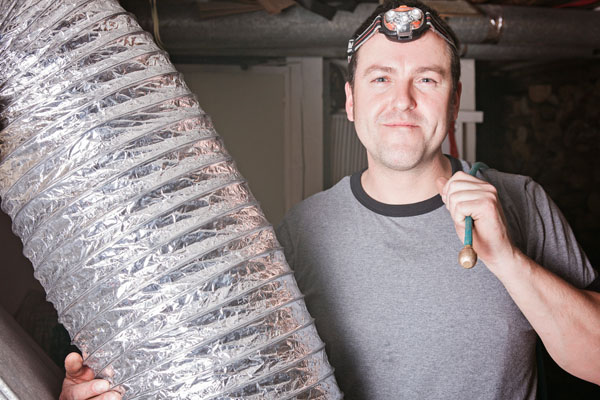
Ductwork is responsible for conveying conditioned air throughout the house. From the ducts, the air is released into the rooms or spaces via the vents. Ducts are not always squeaky clean and could collect particulates that cause pollution indoors. As such, it is necessary to schedule a ductwork inspection periodically to ensure that everything is fine.
Inspections also help identify a potential problem in the ductwork, such as holes, gaps, cracks, dirt, dust, debris, even dead animals that managed to sneak into the network. This is particularly important if your HVAC system runs on forced air. Make sure to schedule a regular ductwork inspection with the local HVAC contractor.
5. HVAC Tune-Ups
One of the best ways to avoid pollution and serious damage to the system is to ensure that it undergoes a tune-up by an HVAC professional. Even an annual tune-up can help identify potential issues and rectify existing ones. If your HVAC system is still under warranty, it is likely that part of the conditions from the manufacturer requires you to have the system professionally serviced once a year at the minimum. Otherwise, the manufacturer may void the warranty and remove your protection against damages to parts and other components.
Get In Touch With Skylands Energy Service For Superior Indoor Air Quality Solutions
 Indoor pollution is no laughing matter. If this is a concern, call Skylands Energy Service right away. We offer top-notch heating and cooling services that keep your home clean and safe, as it should be.
Indoor pollution is no laughing matter. If this is a concern, call Skylands Energy Service right away. We offer top-notch heating and cooling services that keep your home clean and safe, as it should be.
Each job we do is performed by an experienced, certified HVAC technician. From repairs and installations to replacements and tune-ups, by working with us, you will receive high-quality work and service that meets your requirements and budget.
Call Skylands Energy Service today and let’s discuss how you can improve your home even further. This way, you can enjoy a safe and comfortable haven for your family. We offer free consultations and all of our work comes with a guarantee. Call now!
Contact us now at (908) 707-1776 to find out more!

